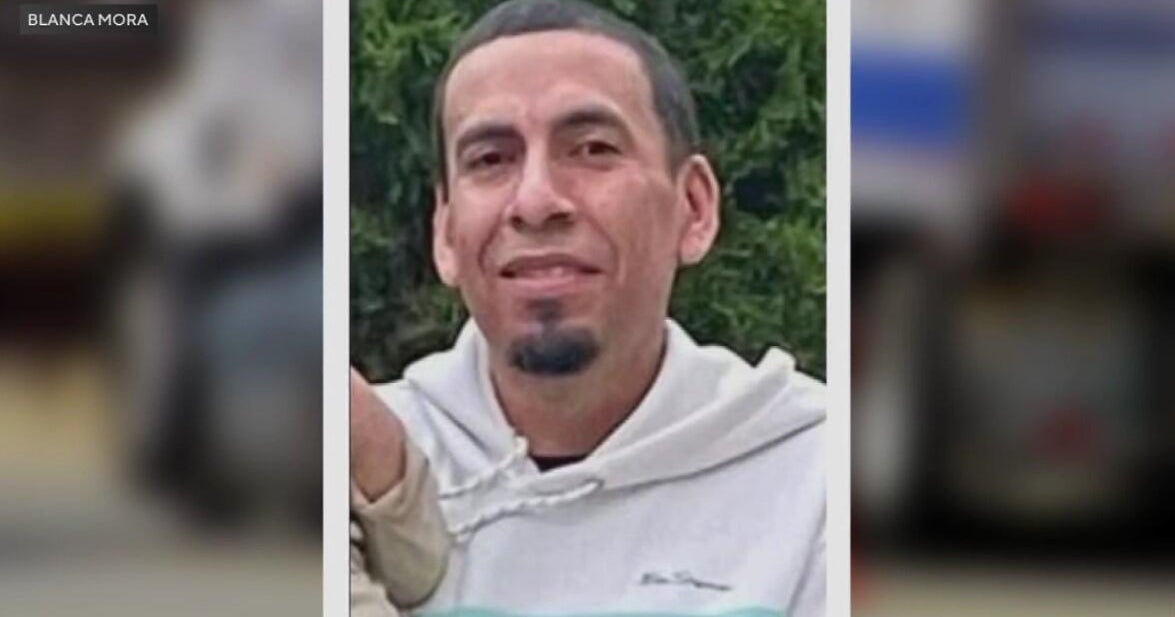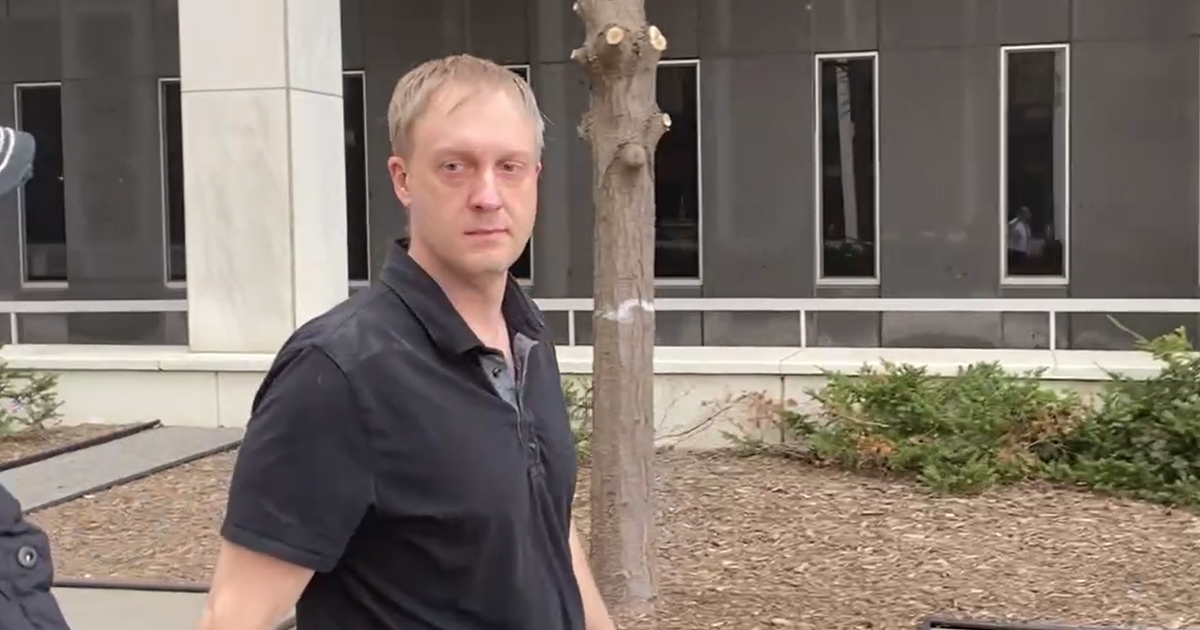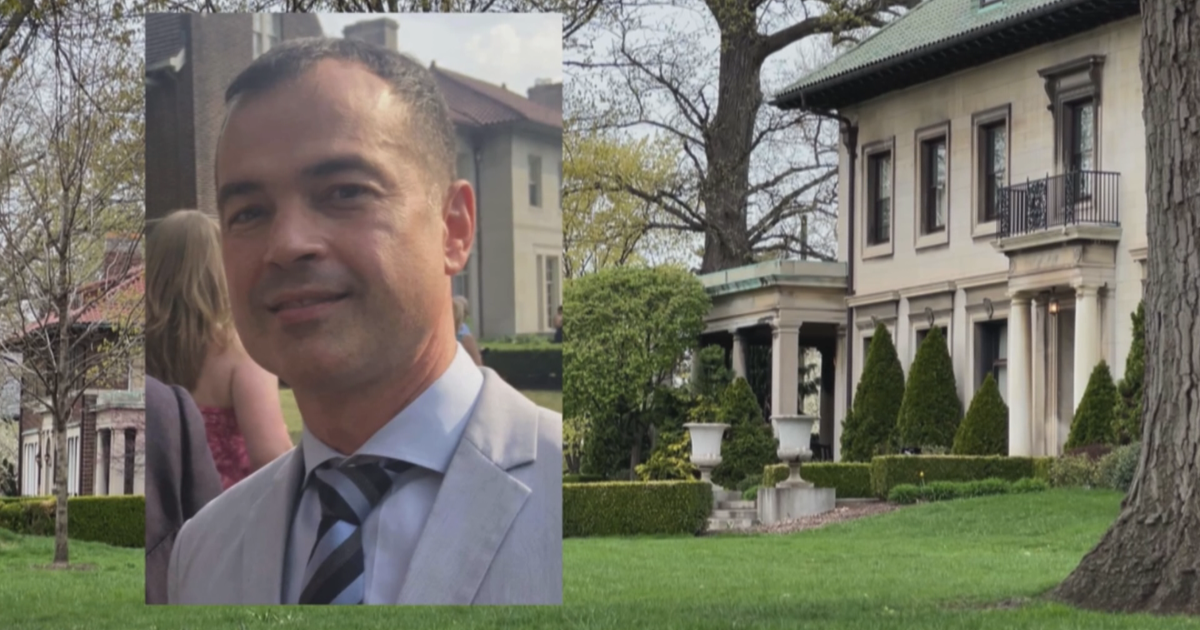First Conviction Under Law Banning Human Trafficking
DETROIT (WWJ) - Michigan Attorney General Bill Schuette Friday announced his new Human Trafficking Unit has secured the state's first criminal conviction charged under the recently passed state law banning human trafficking.
After a four-day jury trial conducted in Wayne County Circuit Court, 33-year-old Sedrick Leman-Isaac Mitchell of Detroit was convicted of eight criminal charges in connection with forcing two young girls to engage in prostitution.
Mitchell faces up to life in prison if convicted. He's due back in court for sentencing on April 11.
The charges resulted from an investigation into a prostitution ring involving minors conducted by Michigan State Police and the FBI through the Southeast Michigan Crimes Against Children Task Force.
The investigation revealed that Mitchell, known as "Roc" and "Gruesome," was the pimp to two minor victims, one 14-years-old and the other 15-years-old.
In July of 2010, the 14-year old victim was recruited by Mitchell to engage in prostitution. She reports she lived in a house on the east side of Detroit for about two months with several other girls who also prostituted for Mitchell. The girls were forced to spend each night on the streets prostituting and turning over their earnings to Mitchell. He would reportedly slap and punch the girls if they did not earn enough money. Mitchell also had sex with this girl on several occasions.
In late December 2010 through January 2011, the 15-year old victim, likewise, was recruited by Mitchell to engage in prostitution under the same circumstances. Mitchell had sex with her on several occasions as well, including one incident where she resisted Mitchell's sexual advances and he choked her and continued with the sexual assault.
Mitchell's case was the first charged by Schuette's new Human Trafficking Unit.
The Michigan law banning human trafficking (MCL 760.462a, et seq.) went into effect on August 24, 2006. The law was strengthened in 2010, with those changes taking effect on April 1, 2011. Updates to the law included: adding human trafficking to the list of predicate offenses that fall under the state racketeering law, authorizing additional court-ordered restitution for trafficking victims and stronger penalties.







